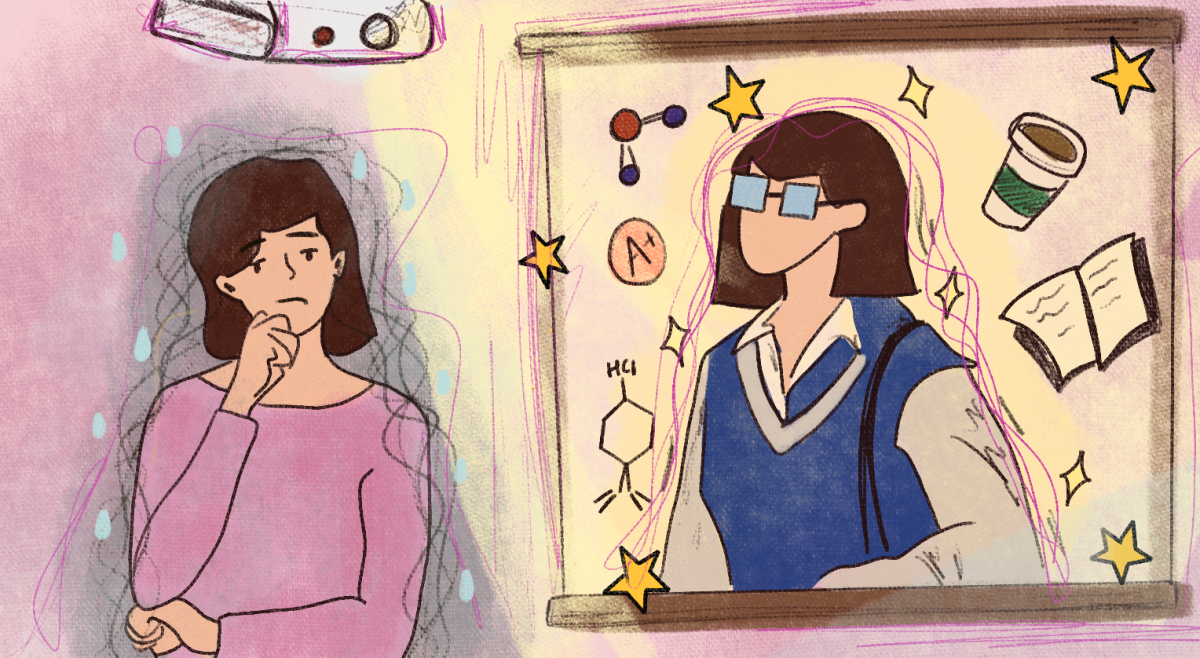This past Tuesday, I, along with fellow students also unsure of what the future may hold, attended the annual Post-Graduate Volunteer Fair. With the multitude of programs available, it is easy to be influenced by the idea that as students of an elite university, volunteering our time after graduation will make a “big difference” just by nature of our education and enthusiasm to help others. Surely four years of a Boston College education is likely to provide the educational skills to instill change in the world … but not just yet.
At a school that grooms students to be future leaders, it is necessary to first take the time to step back, check your privilege and bias, and realize that in order to lead we first must learn how to listen, observe, and follow.
The philosopher and priest Rev. Ivan Illich once delivered a speech to a group of volunteers entitled, “To Hell with Good Intentions,” in which he described this idea of the potentially problematic do-gooder. He acknowledges that good intentions alone can often cause negative effects to the people and communities one serves. Often, issues are so entrenched in a society that coming in as an outsider claiming to understand without prior experience can be more disruptive than helpful, given local customs and livelihoods.
Many service programs, both at BC and globally, are guilty of stressing that enthusiasm is the key to change. This inherently devalues the importance of learning what’s actually happening on the ground in a given place before assuming that you know all of the issues facing that community. Illich explains that the “third largest North American export is the U.S. idealist,” which comes in a variety of forms such as the volunteer, the missionary, or the community organizer. For the idealists of the world, myself included, who have a desire to bring about justice and an end to suffering, it is common to resort to this way of thinking. But we must remain conscious of our identity as privileged Americans who may not have all of the answers, even though we are coached to think that we may.
The culture and university mission of BC could be partially at fault for this, since we are indoctrinated from the beginning of our academic careers with the idea that we are the world’s next leaders.
Modern society is not interested in the powerlessness that one often feels in service situations, which involve interwoven social issues that reach far beyond our theoretical capacity to understand. It is often said that “we see from where we stand,” which could mean that looking at social problems with the desire to fix something because we have the good intentions to do so, is not always effective.
I am here to challenge the BC community to recognize our inability to always have the capability to succeed in problem-solving and to realize that in order to see what people suffering domestically and abroad really need, we first need to see from where they stand, form genuine relationships, and put ourselves and our good intentions out of the picture for now. Saving the world is a noble task, but not if it causes more turmoil than good.
Featured Image: AP Photo Exchange / Lefteris Pitarakis






